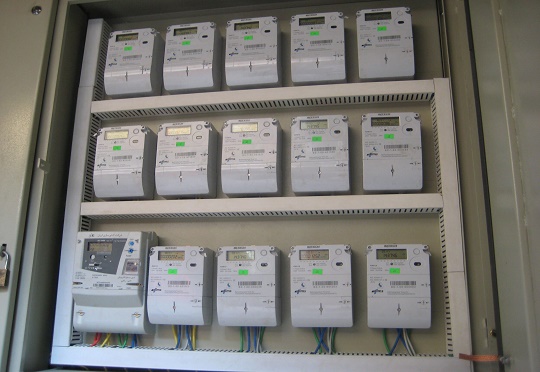A steep 28% increase in electricity meter prices by Nigeria’s power distribution companies has triggered widespread protests from consumers and businesses, marking an unprecedented second price adjustment in just four months. This surge pushes single-phase meter costs from N117,000 to N149,800, intensifying financial pressure on households and enterprises across Africa’s largest economy.
Consumer Response to Meter Price Hike
The announcement, posted on Discos’ official X handle, has met fierce resistance from power consumers who describe the move as harsh amid existing economic hardships. Business owners and household consumers alike argue that the timing of this price adjustment severely strains their financial planning and operational costs.
Regional Price Variations After Hike
Distribution companies across Nigeria have implemented varying price structures in response to the deregulation policy. Eko Distribution Company now charges between N135,987.5 and N161,035 for single-phase meters, while Abuja Distribution Company sets rates from N123,130.53 to N147,812.5. These regional differences reflect the new market-driven approach to meter pricing.
Market Forces Behind Price Surge
The Nigerian Electricity Regulatory Commission’s deregulation of meter prices under the Meter Asset Provider scheme has fundamentally altered the market landscape. This policy shift removes earlier price controls, allowing vendors to set rates based on competitive bidding rather than centralized regulation. However, early results show price increases rather than the competition-driven reductions many had anticipated.
Financial Sector Analysis
A closer examination of sector finances reveals concerning trends. Of the N200 billion allocated to the National Mass Metering Programme in 2020, distribution companies received N59 billion but have returned only N7 billion. Industry experts, including Fermadec Group CEO Fola Akinola, attribute rising costs to exchange rate volatility and changing economic conditions.
Business Community Backlash
The price increase has drawn sharp criticism from industry leaders and consumer advocacy groups. Princewill Okorie, Executive Director of the Electricity Consumers Protection and Advocacy Centre, questions the necessity of these increases given previous government funding. He points to the unutilized portion of the N200 billion metering program as evidence that current price hikes lack justification.
Market Structure Changes
Under the new deregulation framework, major meter vendors including Mojec Asset Management Company, Wellsun Intelligent Technology and Gosslink Engineering now operate in a more open market. However, these companies had previously protested that NERC-approved prices fell below actual production costs, leading to temporary shutdowns of meter application portals.
Future Market Trends
The power sector’s evolution through these price adjustments presents significant challenges for Nigeria’s economic development. As businesses and consumers adapt to higher meter costs, questions persist about the sustainability of current pricing models and their effect on industrial growth.
Industry watchers suggest that successful market reform requires careful balancing of vendor profitability with consumer affordability. The outcome of this pricing shift could determine the trajectory of Nigeria’s power sector modernization efforts.

Leave a Reply